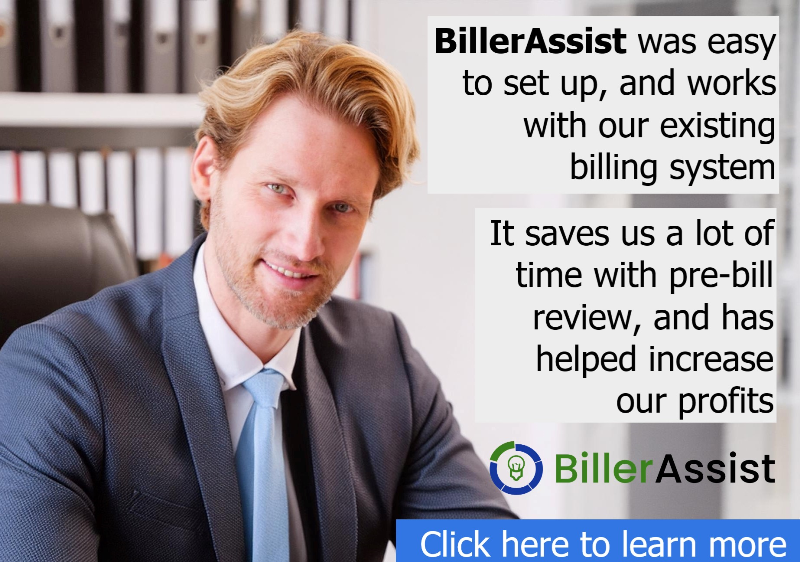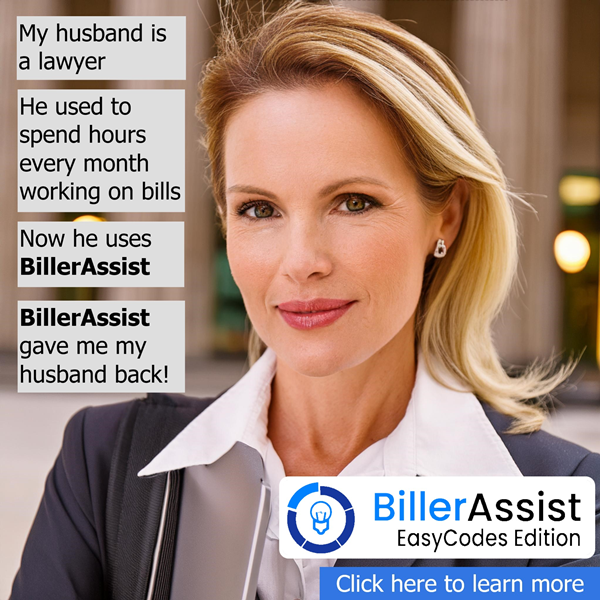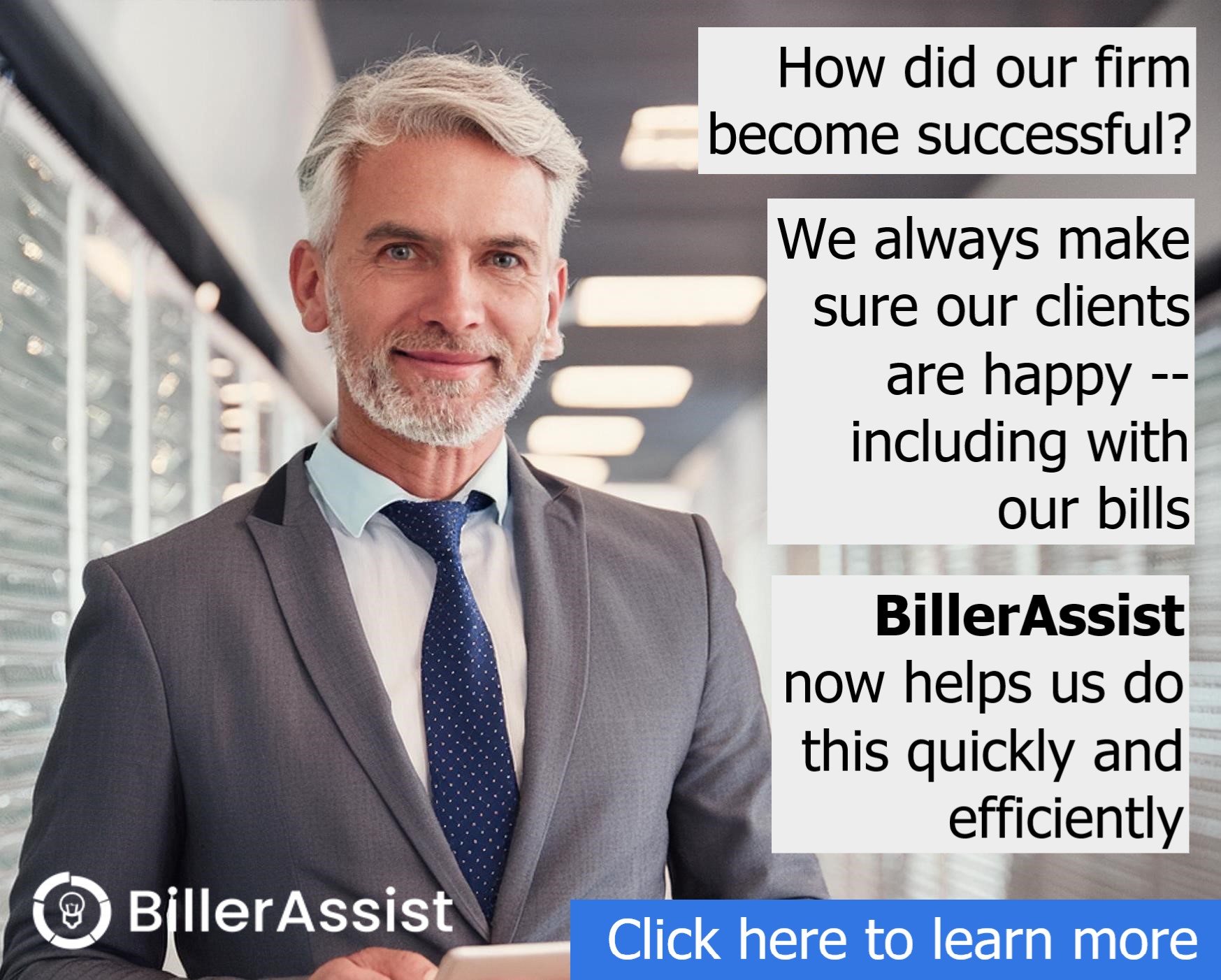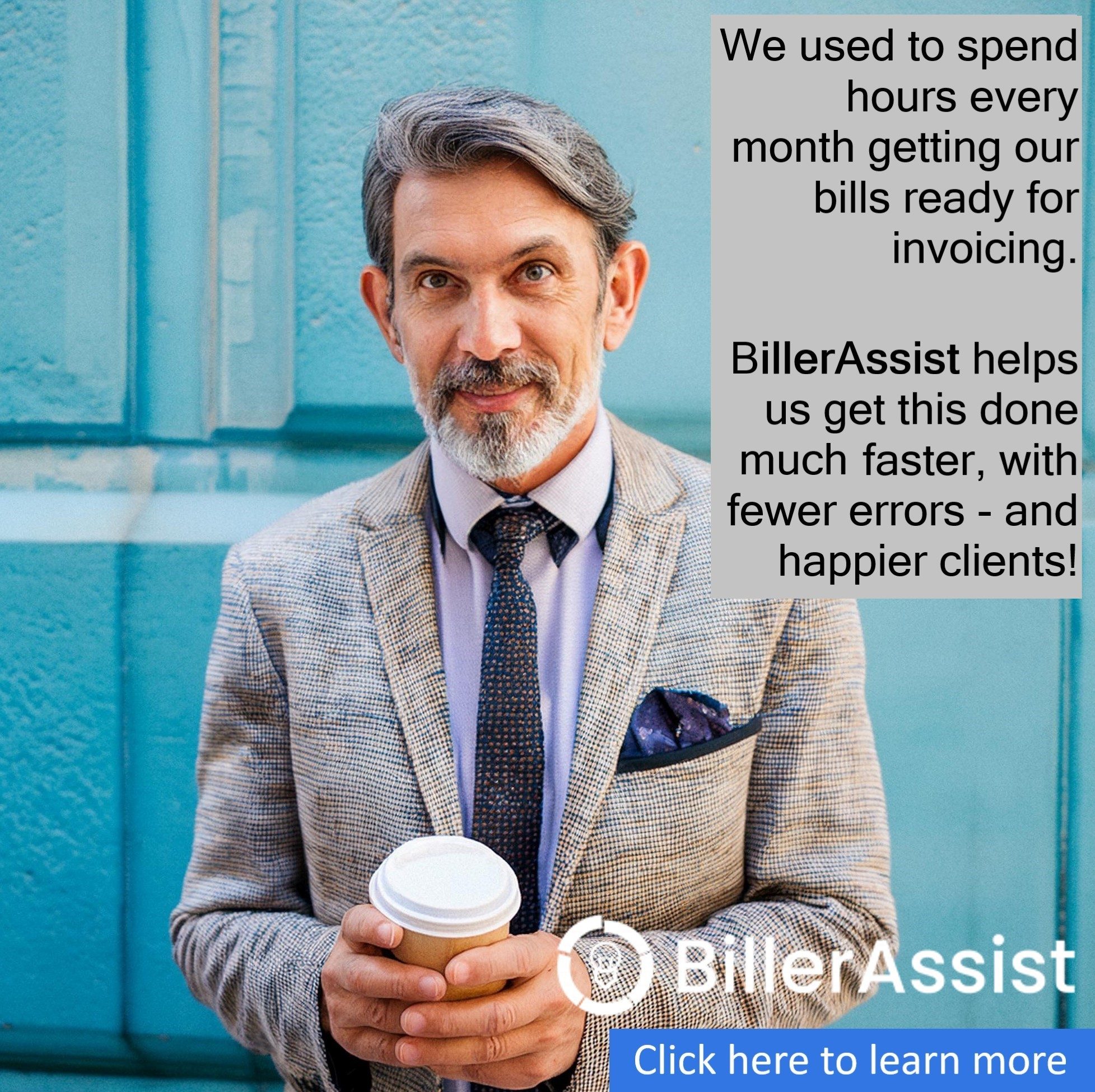How Technology Can Help Lawyers Deal with Stress
From John Grisham books to The Good Fight, the life of a lawyer is often portrayed as a taxing but glamorously noble experience.
This may be an accurate portrayal of the experience of some lawyers, some of the time. But for the overwhelming majority of attorneys, it is only fiction. In fact, a recent joint study by the American Bar Association and the Hazelden Betty Ford Foundation revealed that “28% of lawyers have depression at some level, and 19% have symptoms of anxiety.”
In real life, the stress and pressure only alluded to in the popular media don’t go away after a two or three-minute scene. Client advocacy, billable hour quotas, finding clients, cultivating growth, avoiding stagnation, are all on-going pressures that cannot simply be turned on and off when it’s convenient. And, they certainly don’t fit comfortably between the hours of 9-5.
Lawyers carry that stress and pressure almost non-stop. It often bleeds into their personal lives and can become a heavy burden. The physical, intellectual, and even emotional strain can lead many lawyers to burnout prematurely.
However, there are ways to cope with the stress and pressure while maintaining the pursuit of the ever-elusive work/life balance.
Manage Expectations
It’s unlikely that ambition had nothing to do with a person’s decision to become a lawyer. It’s that same ambition that drives attorneys to be the best this, the fastest that, and the most successful something else.
Sometimes, those expectations are unrealistic given the realities of your circumstance. Trying to will them into being through sheer stubbornness may seem like the right thing to do.
As precarious as it is to tell someone not to work too hard, it shouldn’t come as a surprise that many lawyers are not going to achieve massive success in a year no matter how hard they work.
Quite the contrary, lawyers – not unlike other professionals – must continue in a field or on a specific course for many years before realizing success. Expecting immediate results will only wear you out and disappoint you.
Take honest inventory of your capabilities and surroundings. Setting attainable goals is not a sign of lack of ambition; it’s a sign of prudence.
It’s not just up and coming lawyers who get bogged down by the weight of it all. Stress doesn’t care how senior your title is. If it’s your responsibility to hire and cultivate new associates, try to discover how your strengths can bring out the strengths in others, then lather, rinse, and repeat.
Mindfulness
It is well accepted that the mind requires periods of rest and rejuvenation to function optimally. Sleep alone doesn’t cut it. Dedicated relaxation techniques collectively referred to as mindfulness have become a new coping mechanism for lawyers.
As time isn’t a resource that lawyers are known for having, there are techniques that don’t require lengthy seminar attendance or long retreats in obscure locations.
For example, for those more inclined, special classes incorporating yoga and other mental relaxation and focusing techniques have been designed with easing the legal mind as the foremost objective.
Similarly, there are a slew of guided meditation apps on the market, Headspace and Calm being two of the most popular.
Address the “Big Rocks” First
Dr. Stephen Covey, a noted educator, author, and keynote speaker gave an object lesson on priorities to a group of students.
In this demonstration, he asserted that our lives are analogous to a one-gallon jar. Around the table, there were many small rocks and a few large ones. When he poured in the little rocks, there was no room for the big rocks. But when he put the big rocks in first, the smaller rocks fell into place around them.
The point of this demonstration was to show that there is only so much room in our lives.
We have to decide what’s important to us (the big rocks) and ensure that we make room for them first. Otherwise, everything else (the little rocks) will get in the way.
Set Boundaries
Sometimes the hardest part is figuring out what your “big rocks” are. Once you have, you must protect the space they take up in your life with boundaries.
However, boundaries are useless if you don’t stick to them. To quote Doron Gold from The Lawyer Therapist: Healthy Boundaries Make for Healthy Lawyers:
Boundaries are about telling people how you want them to treat you and then holding them to it. That requires clarity of terms, the clear communication of them, consistent enforcement, and the implementation of consequences for a violation.
The too-often hectic endlessness of legal work can make setting hard and fast boundaries difficult in the moment. That is why it takes a concerted effort to make time for the things that are important to you. There may not always be good choices, but there are always choices.
Take Advantage of the Tools Available to You
We live in a world where the mini computers we carry around everywhere can wake us up with our favorite song, audibly remind us of everything we have to do in a day, alert us to approaching deadlines, and perform countless other functions of varying usefulness.
Something as simple as marking important appointments in a digital calendar can be a figurative life-saver and a literal job-saver.
It’s easy to get overwhelmed with the various demands and pressures of the workplace. If you can plot out your responsibilities and get a picture of your professional landscape, it will be all the easier to accurately allocate your resources in dealing with them successfully. Apps like OneNote and Todoist are designed for that very purpose.
If you have a tendency to get lost in tasks, apps like RescueTime and Remember the Milk will help handle time management for you, freeing you to focus on the tasks at hand.
Maximize Automation
Eliminating tedious hassles and increasing productivity are major steps – if not necessities – in reducing work-related stress. If necessity is the mother of invention, then inefficiency is the mother of innovation. The legal field is no exception in this regard. Innovative technologies tackle inefficiencies and maximize an attorney’s time and work output.
If you search for an app to help with just about any aspect of the legal craft, the odds are in your favor that you’ll find one. For a more consolidated approach, the American Bar Association’s Legal Technology Buyers Guide is a measured first step into the world of legal tech.
Applications like Case Text can assist lawyers in legal research in a fraction of the time it would take an attorney on their own. BillerAssist, LawPay, and SmokeBall are just a few of the apps that can streamline and optimize the hassles of billing and other administrative tasks.
Moreover, these automation apps have been shown to cut down on the time it takes to complete tasks, and to reduce human error. By having computers assist in your work, your work-related stress can be drastically reduced.
Conclusion
Legal work isn’t a Perry Mason episode, and we should not expect it to be so. Still, if you ever feel too overwhelmed there are resources available to you. Contact your local physician or make use of one of the American Bar Association’s Lawyer Assistance Programs.
Your personal well-being is undoubtedly one of your “big rocks” to be addressed first.





